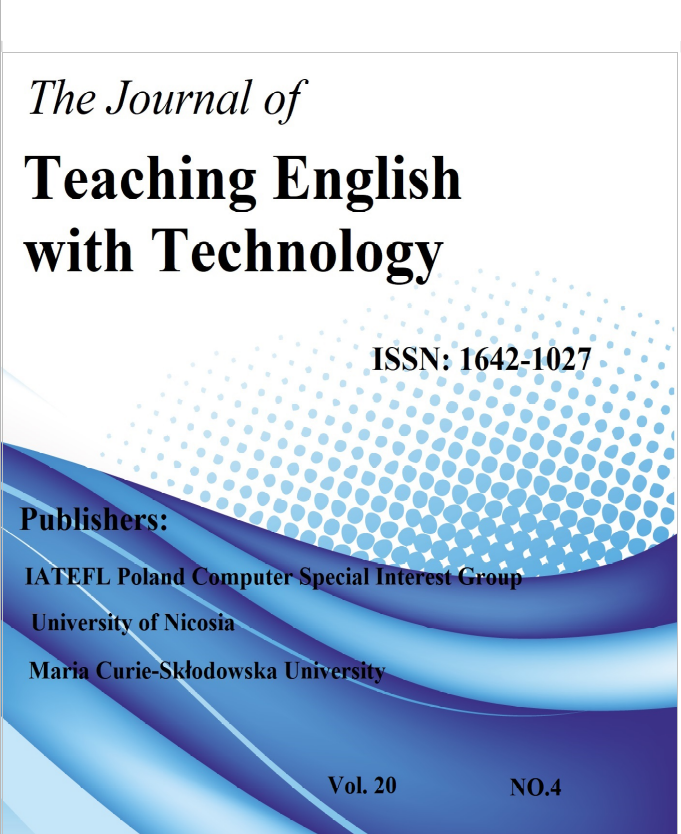VIRTUAL REALITY ASSISTED PRONUNCIATION TRAINING (VRAPT) FOR YOUNG EFL LEARNERS
VIRTUAL REALITY ASSISTED PRONUNCIATION TRAINING (VRAPT) FOR YOUNG EFL LEARNERS
Author(s): Minoo Alemi, Shiva KhatoonySubject(s): Foreign languages learning
Published by: IATEFL Poland Computer Special Interest Group and The University of Nicosia
Keywords: Virtual Reality Assisted pronunciation Training (VRAPT); pronunciation practice; young EFL learners
Summary/Abstract: Technology integration has become increasingly prevalent in language education and technology teaching tools are currently used for English instruction. In line with this trend, it is also believed to be influential in teaching and learning pronunciation. To cast an empirical light on this issue, this study aimed to analyse the influence of Virtual Reality Assisted Pronunciation Training (VRAPT) on pronunciation of young Iranian EFL learners. With respect to this, 18 low-intermediate English language learners (6-12 years old) were invited to take part in the study held in the lab at Sharif University of Technology in Iran. First, their English language pronunciation was measured by a pronunciation pre-test through Speech ace Browser. Next, in a virtual environment, during 10 sessions (each session 90 minutes), the participants received instructions on all of the pronunciation items measured in the test (consists of English vowels like /ɪ/ and /i/ and also vowels of /ʊ/ and /u/) through the Virtual Reality (VR) game administered by a humanoid robot. The results of a paired samples t-test revealed that there was a significant difference between learners’ performance before and after the training sessions. This paper recommends that simulated games within virtual reality could be applied in enhancing pronunciation skills of EFL learners and utilized in helping them to develop native-like pronunciation. It also generates new ways of thinking about VRAPT as an innovative teaching approach and creating an efficient and pleasurable English learning environment.
Journal: Teaching English with Technology
- Issue Year: 20/2020
- Issue No: 4
- Page Range: 59-82
- Page Count: 24
- Language: English

